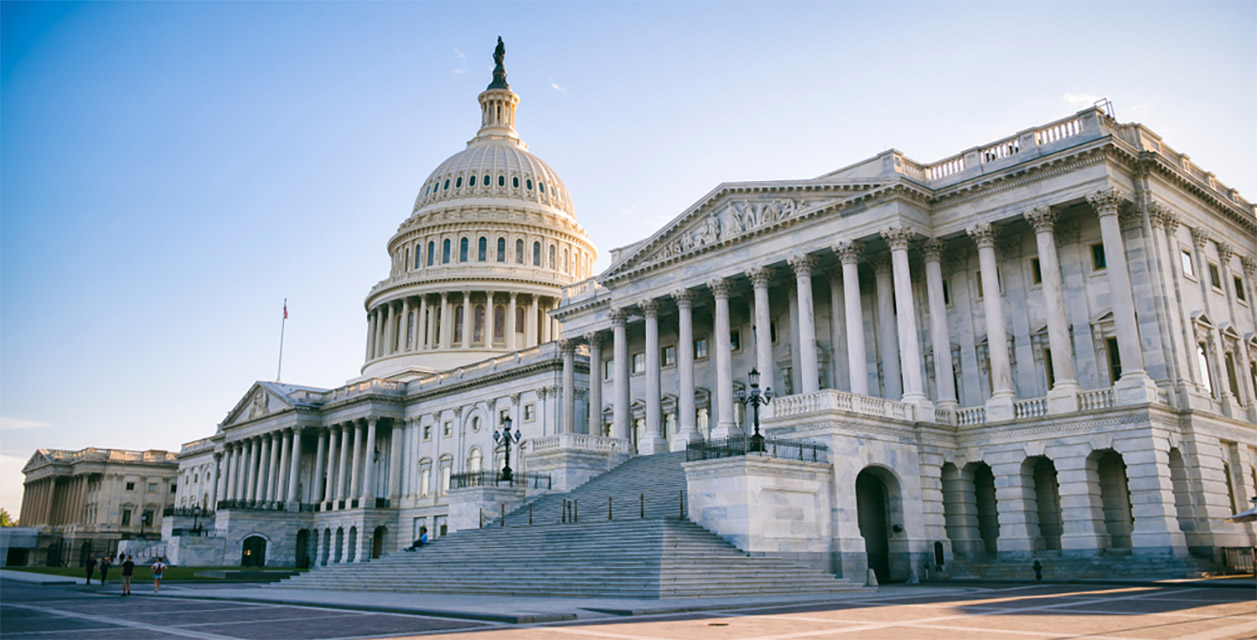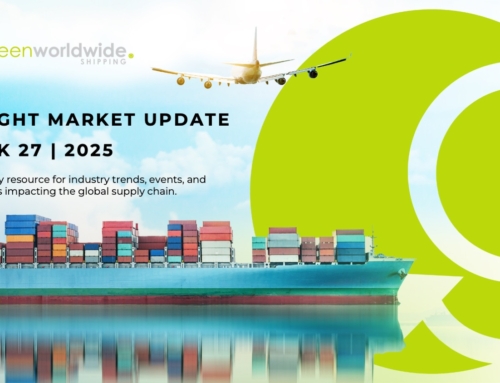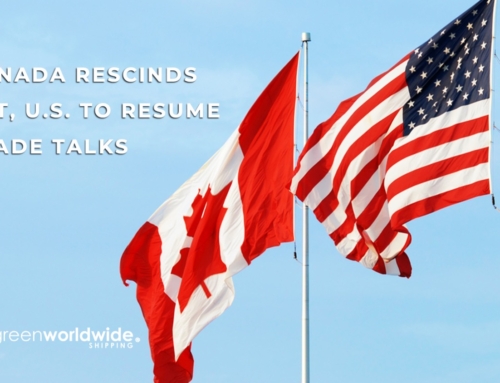On May 29, 2020, the United States President, Donald Trump, announced a significant change to international trade policy in response to China’s controversial new security law. The U.S. believes China’s recent actions to be a “plain violation of Beijing’s treaty obligations with the United Kingdom in the Declaration of 1984 and explicit provisions of Hong Kong’s Basic Law.”
On May 27, 2020, the U.S. Secretary of State, Michael Pompeo, issued a statement to the U.S.-China Economic and Security Review Commission in light of recent activity in Hong Kong:
“I certified to Congress today that Hong Kong does not continue to warrant treatment under United States laws in the same manner as U.S. laws were applied to Hong Kong before July 1997. No reasonable person can assert today that Hong Kong maintains a high degree of autonomy from China, given facts on the ground.”
Upon the transfer of administration of Hong Kong from Great Britain to the People’s Republic of China in 1997, the Basic Law of the Hong Kong Special Administrative Region was adopted by the National People’s Congress, committing Beijing to upholding a policy of “one country, two systems.”
The Basic Law promised Hong Kong a “high degree of autonomy” and preserved Hong Kong’s independent and highly regarded court system; legal, political, and human rights; and commercial rules, regulations and roles, including its separate membership in the World Trade Organization. The rule of law has been central to Hong Kong’s success as a global financial and banking center and the protection of both its citizens and the large international community in residence.
In the White House public statement, the President announced the following actions against China:
- Begin the process of eliminating policy exemptions that give Hong Kong different and special treatment;
- Revoke Hong Kong’s preferential treatment as a separate Customs and travel territory from the rest of China;
- Take necessary steps to sanction PRC and Hong Kong officials directly or indirectly involved in eroding Hong Kong’s autonomy;
- Revising the State Department’s travel advisory for Hong Kong to reflect the increased danger of surveillance and punishment by the Chinese state security apparatus.
WHITE HOUSE: REMARKS BY PRESIDENT TRUMP ON ACTIONS AGAINST CHINA
Importers and exporters should be aware of the following impacts to supply chain operations:
- when enacted, the revocation of special treatment means an extension of Section 301 tariffs to goods made in Hong Kong as well;
- additionally, antidumping and countervailing penalties would also be extended to goods from Hong Kong;
- increased export controls for dual-use technologies;
- country of origin labeling and other documentation may be required from China if the U.S. decides to refuse documentation from Hong Kong authorities;
- finance, banking and taxation operations may be impacted for business operations;
- status of Hong Kong-flagged transport systems, such as ocean vessel and aircraft; and
- travel, visas and research limitations.
In the White House briefing, the President also announced U.S. withdrawal from the World Health Organization.
“Because they have failed to make the requested and greatly needed reforms, we will be today terminating our relationship with the World Health Organization and redirecting those funds to other worldwide and deserving, urgent, global public health needs.”
As Green continues to monitor the situation, stay up-to-date on freight news by following us on Facebook, Twitter, and LinkedIn. For continuous updates, make sure to check out our website at greenworldwide.com.






